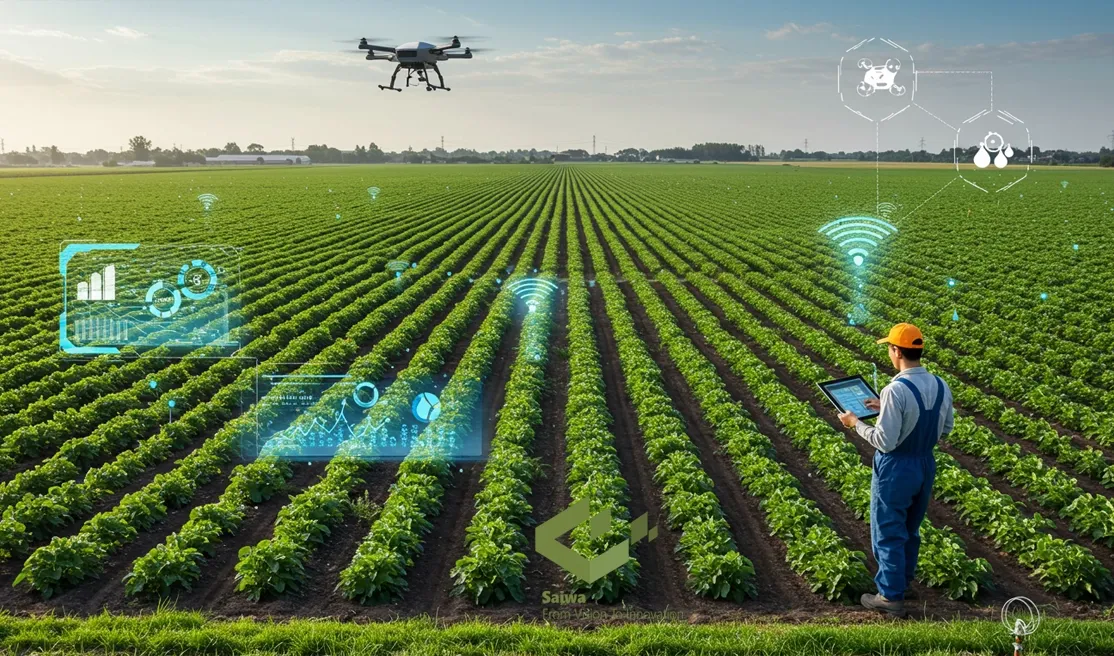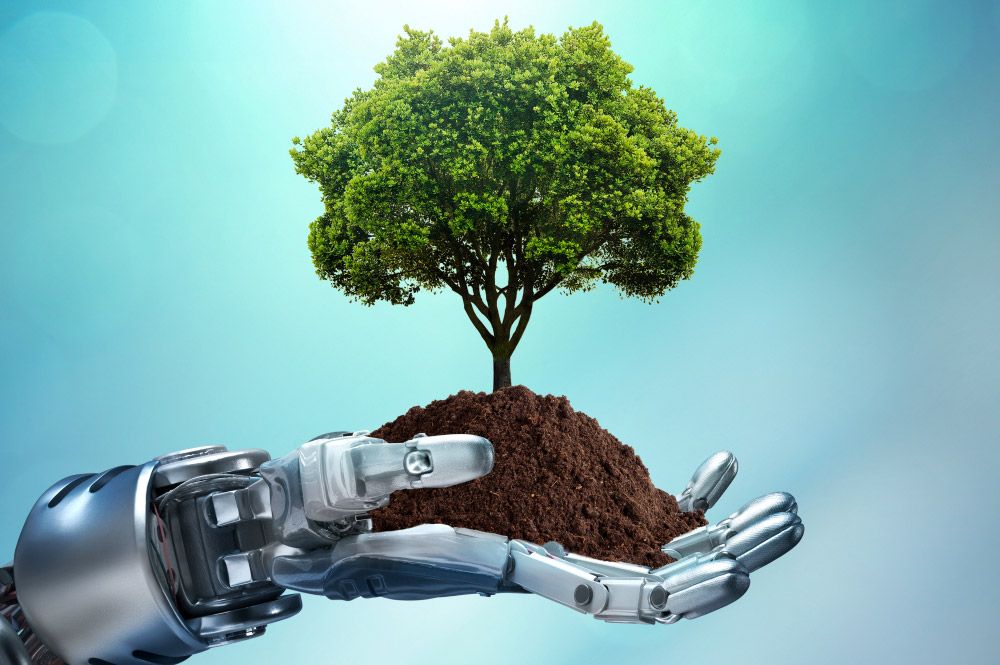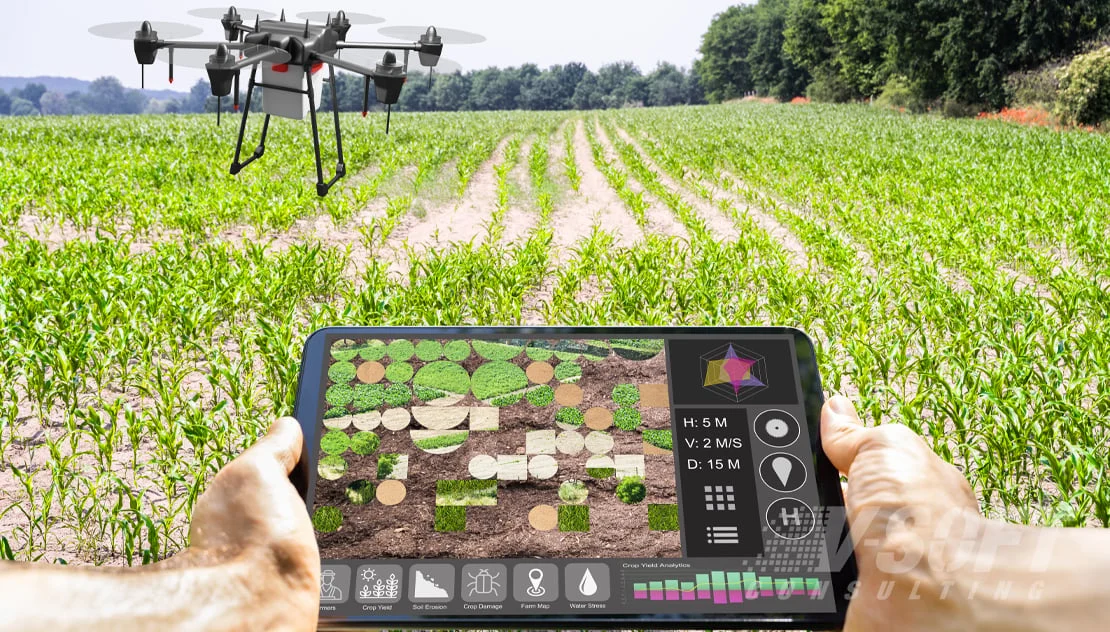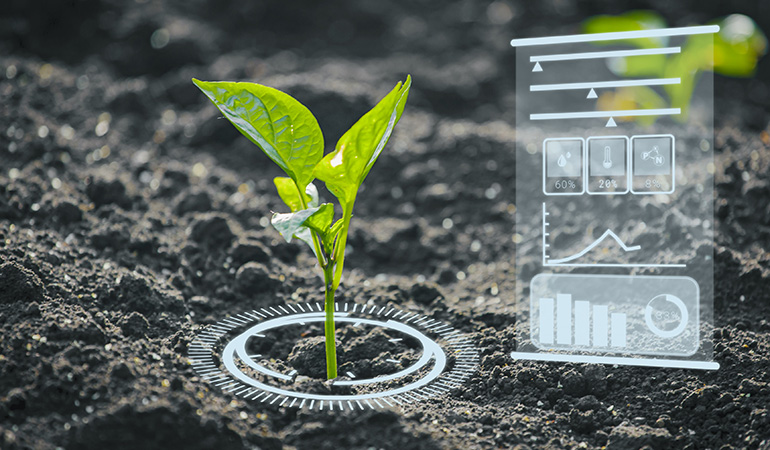Artificial Intelligence (AI) is revolutionizing agriculture by improving productivity, sustainability, and decision-making. Understanding the key AI tools used in modern farming helps farmers and agribusinesses optimize their operations and face agricultural challenges effectively.
What is AI in Agriculture?
AI in agriculture refers to the use of advanced technologies like machine learning, computer vision, and predictive analytics to automate farming processes, monitor crops, and make data-driven decisions to improve yield and efficiency.
How AI Works in Agriculture
AI systems in agriculture gather and analyze data from sensors, drones, satellite images, and farm equipment. By recognizing patterns and predicting outcomes, AI helps farmers make timely decisions about planting, irrigation, fertilization, and pest control.
Top AI Tools Used in Agriculture
Precision Agriculture Platforms:
Tools like Climate FieldView and CropX help collect real-time field data and provide actionable insights to optimize farming inputs.
Drones and Aerial Imaging:
Drones equipped with AI analyze crop health, soil conditions, and irrigation needs, offering farmers a bird’s-eye view of their fields.
AI-Powered Crop Monitoring:
Systems like Plantix use machine learning to detect plant diseases and nutrient deficiencies through image analysis.
Robotic Systems:
AI-driven robots such as automated harvesters and weeders help in precision tasks, reducing labor costs and improving efficiency.
Predictive Analytics Tools:
Platforms like aWhere and IBM’s Watson Decision Platform for Agriculture use historical and weather data to predict crop yields and pest outbreaks.
Benefits of Using AI in Agriculture
AI improves crop management, reduces resource wastage, enhances productivity, and helps in early detection of diseases and pests. It enables smart farming practices that can increase profitability and sustainability.
Limitations to Keep in Mind
AI tools require proper infrastructure, quality data, and farmer training. Initial investment costs and technology adoption barriers can be challenges for small-scale farmers.
Conclusion
AI tools are transforming agriculture by making farming smarter, faster, and more sustainable. Combining AI technology with agricultural expertise can help farmers meet the growing food demand while protecting the environment.







Leave feedback about this